Utilitarian ideas go back in part to the works of philosophers in ancient China, including Mozi, and ancient Greece, including Epicurus.1 Utilitarianism was further developed, refined and promoted in the late 18th and early 19th century by the classical utilitarians, Jeremy Bentham, John Stuart Mill, and Henry Sidgwick.
These articles summarize the lives and ideas of the major utilitarian philosophers. For a much more detailed historical account than we can provide on this website, we recommend the book The Happiness Philosophers: The Lives and Works of the Great Utilitarians and the article The History of Utilitarianism on the Stanford Encyclopedia of Philosophy. Wikipedia also maintains a list of utilitarians.
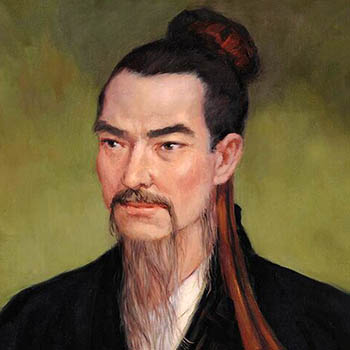
Mozi (墨翟) was a Chinese philosopher who founded the philosophical school of Mohism during China’s Warring States Period (475 - 221 BCE). Mozi and his followers advocated for universalist, impartial ethical views, making them ancient predecessors of utilitarianism.
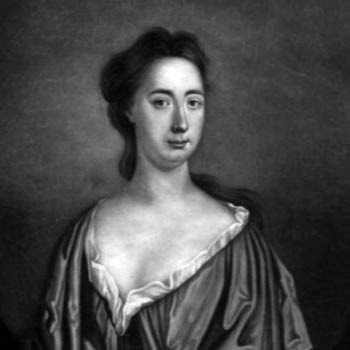
Susanna Newcome was a British philosopher and theologian. Her most significant work, An Enquiry into the Evidence of the Christian Religion (1728), contains an early formulation of utilitarian thought.
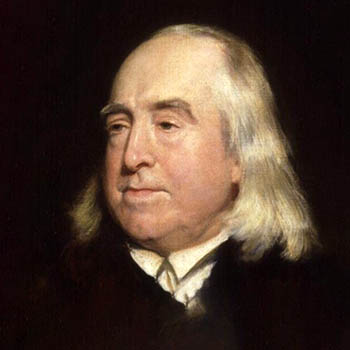
Jeremy Bentham was a British philosopher and social reformer, who is widely regarded as the founder of classical utilitarianism. His most influential work is An Introduction to the Principles of Morals and Legislation (1789).
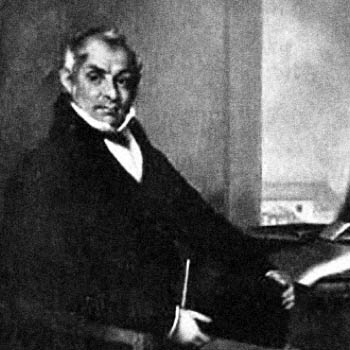
William Thompson was a philosopher, political economist, and social reformer working during the early nineteenth century. He and his sometimes co-author Anna Doyle Wheeler made significant, though under-appreciated, contributions to the utilitarian, socialist, and feminist philosophical traditions.
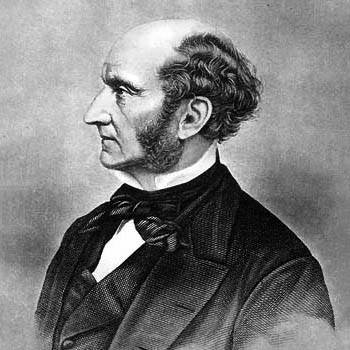
John Stuart Mill was a British philosopher and political economist. A student of Jeremy Bentham, Mill promoted the ideas of utilitarianism and liberalism and has been called “the most influential English language philosopher of the nineteenth century”. His most influential works include his books Utilitarianism (1863) and On Liberty (1859).
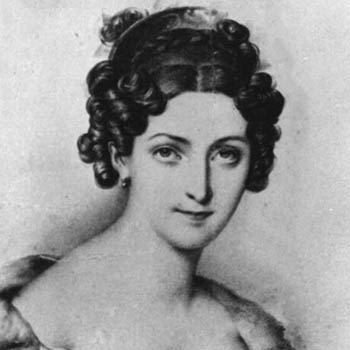
Harriet Taylor Mill was a British philosopher and women’s rights advocate. A close friend and later wife of John Stuart Mill, the two collaborated closely on many works. Despite her many contributions in books and magazines, most of her writing was only published under her own name after her death.
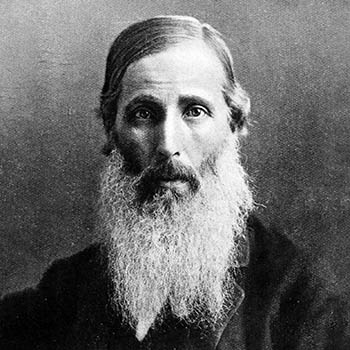
Henry Sidgwick was a British philosopher and economist. One of the classical utilitarians, he wrote one of the most important statements of utilitarianism in his The Methods of Ethics, which was said to be “the best book ever written on ethics”.
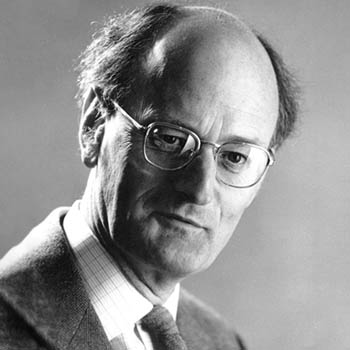
Richard M. Hare was a British philosopher and Professor at the Universities of Oxford and Florida. One of the most influential moral philosophers of the twentieth century, Hare is most famous for his meta-ethical theory of prescriptivism, which he used to argue for utilitarianism.

Peter Singer is an Australian moral philosopher and Professor of Bioethics at Princeton University. His work concentrates on issues in applied ethics, in particular our treatment of animals, the ethics of global poverty, and effective altruism. The publication of his 1975 book Animal Liberation helped start the modern animal rights movement.
Cf. Singer, P. & de Lazari-Radek, K. (2017). Utilitarianism: A Very Short Introduction. Oxford: Oxford University Press. Chapter 1. ↩︎

